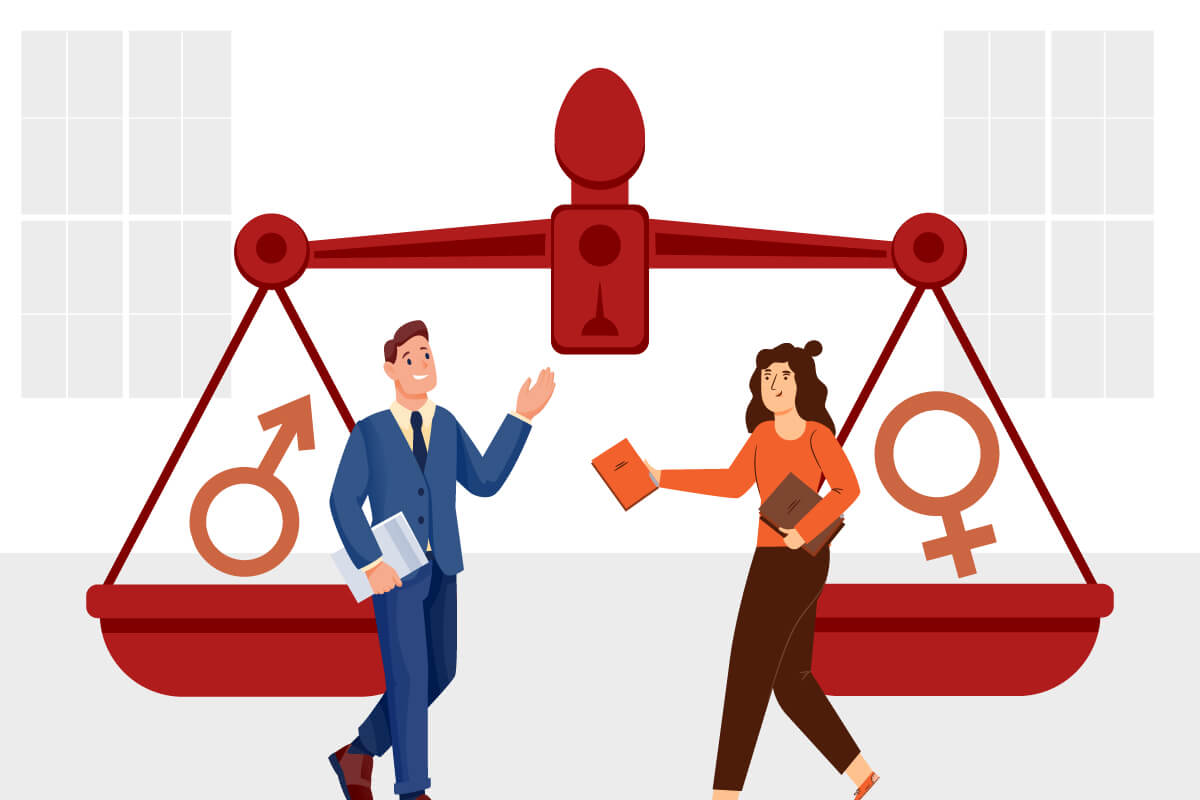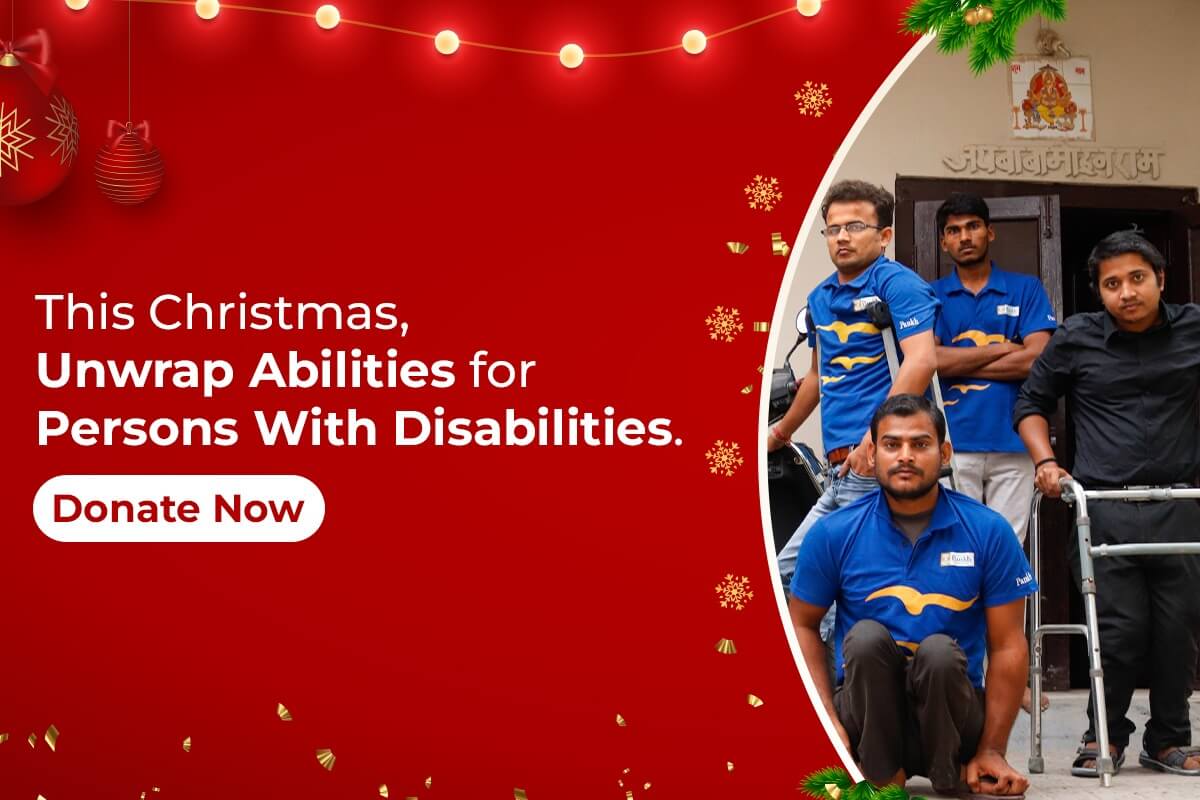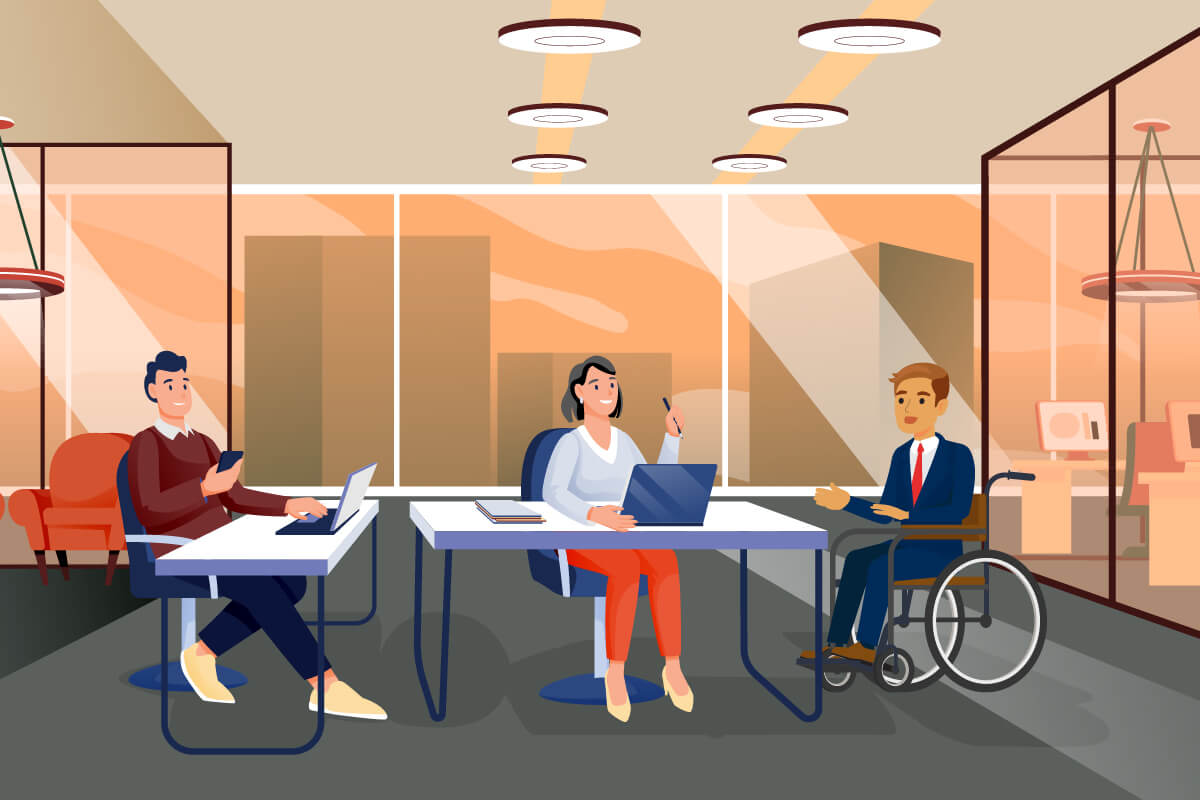In today’s world, women still face many obstacles in terms of the 3 E’s – education, employment and economic development. This is particularly true for women who come from marginalised communities and underprivileged backgrounds, where resources and opportunities are limited. These women need job training programmes to break the poverty and discrimination cycle and provide them with the skills and knowledge they need to find better and more sustainable livelihood opportunities. That’s where the role of NGOs in women’s empowerment becomes even more prominent.
The role of NGOs in the empowerment of women through job training is especially important in India, where gender discrimination is still widespread. According to a report by Statista, women in India have a much lower participation rate in the labour force compared to men. Only 24% of women are in the workforce. This low participation rate is largely due to women’s lack of access to educational and job training opportunities, particularly among marginalized communities.
Why NGOs Working For Women’s Rights Focus on Marginalised Women
For decades, women’s empowerment has been a top priority for women empowerment NGOs, improving women’s access to education, health care, and economic opportunities. We at TRRAIN understand that job training plays an important role in women’s economic empowerment, that’s the reason why we offer various opportunities for training and sustainable employment opportunities. This not only helps women find better jobs, but it also helps them become self-sufficient and financially independent.
In the fight for global gender parity, the need to empower marginalized women is at the top of the agenda. In this section, let’s explore the fundamental reasons for focusing on this demographic.
- Marginalised women are often subjected to long standing and continued injustices, mostly due to unending cycles of poverty and limited opportunities. NGOs often push for inclusive policies that deal with the primary causes of marginalization because they understand how urgent it is to remove these obstacles.
- Every woman, no matter where she comes from, has potential to contribute positively to the economy. Inclusion of marginalised women in women’s empowerment programmes unlocks talent, innovation, and resilience to enrich the social fabric.
- The inclusion of marginalised women is essential to the bigger goal of creating equitable and inclusive societies. By addressing gender disparities and ensuring equal access to opportunities, NGOs lay the foundation for a more just and balanced world.
The Role of NGOs in Women Empowerment
NGOs play an important role in promoting women’s empowerment. Let’s look at the multi-faceted work of these organizations and how they act as drivers of change and architects for sustainable development. Join us on this journey as we uncover the aspects of empowerment carefully woven by NGOs working for women’s rights, dedicated to opening doors for marginalised women. Here are the 8 ways ngos help in promoting job training for marginalised women.
- Laying Educational Foundations – Providing access to and quality of education is at the heart of NGOs’ empowerment strategies. In this section, we look at the transformative impact of education and how NGOs help marginalised women break the cycle of exclusion.
- Nurturing Skills for Life – NGOs focus on skills that enable women to get sustainable job opportunities. They tailor programs to develop skills that match the needs of the market. Women not only enter the job market, but they do it with skills that are valuable and marketable, thus paving the way for a brighter future.
- Fostering Economic Independence – Empowerment of women is at the heart of the strategies of NGOs. NGOs promote financial literacy and provide pathways to promote entrepreneurship, enabling women not only to work as employees, but also to be the creators of jobs and empower others.
- Breaking Societal Norms – NGOs don’t just focus on developing skills. They also work to promote cultural change by challenging social norms and stereotypes to create a world where women are seen as equals.
- Spreading Stories of Transformation: Real-life stories serve as touching testaments to the impact of NGOs. These inspiring stories of women whose lives have been transformed by these organisations, illustrate the tangible and long-term effects of women empowerment initiatives.
- Networking for Change: From an international perspective, NGOs around the world work together to make a difference. By sharing examples of success and best practices, they build a global network that goes beyond borders and creates a common voice for change.
- Leveraging Digital Solutions for Inclusivity: In the digital age, technology becomes a powerful tool in women’s empowerment. NGOs leverage technology for online learning, remote skill-building programs, and creating virtual communities, ensuring inclusivity.
- Building Sustainable Futures – The ultimate goal of NGOs is not just immediate empowerment but building sustainable futures for marginalised women. From mentorship programmes to ongoing support, these organisations lay the groundwork for women to thrive independently.
To sum up, the importance of NGOs in the field of training and development for marginalised women cannot be overstated. They empower women with the skills and knowledge they need to get sustainable jobs, which ultimately leads to women’s economic empowerment. They also work towards the development of inclusive and supportive environments for women, which is crucial for women’s overall empowerment. With organisations like TRRAIN around, creating a society where every woman is economically and emotionally powerful is no longer just a dream.





